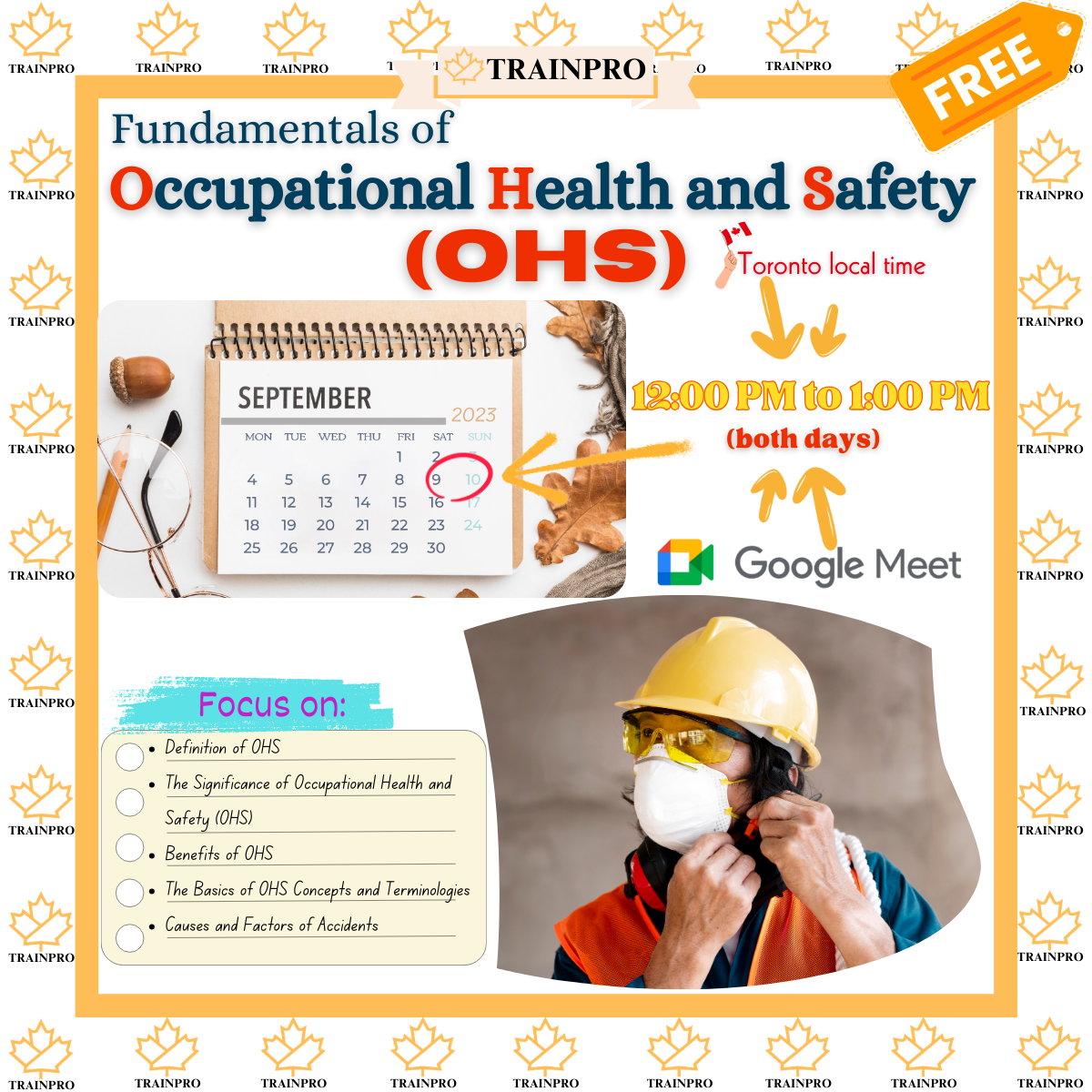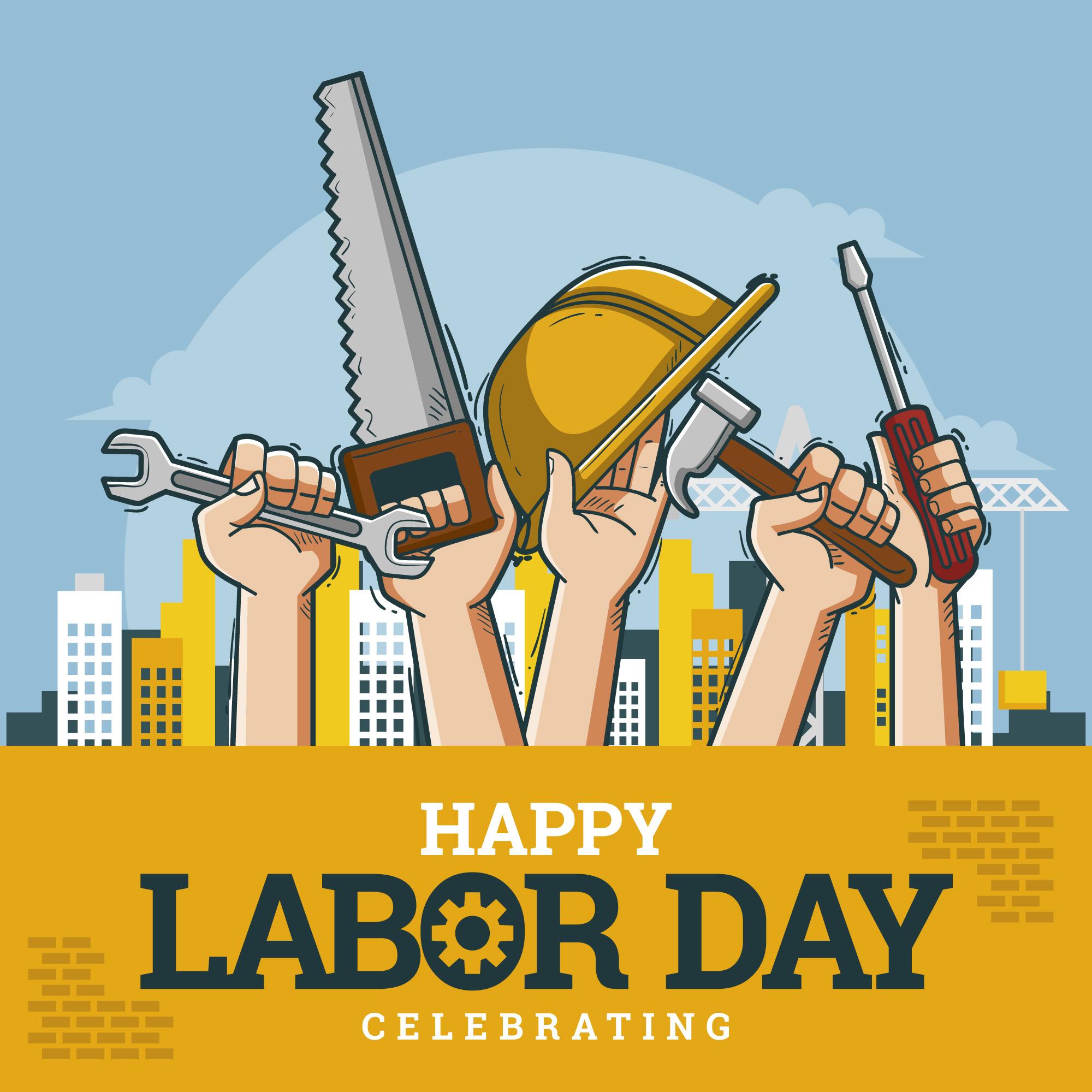
How to Write a Resume Tailored to Your Expertise in the Construction Industry
In today’s competitive job market, especially in the construction industry, having a well-crafted resume is essential to stand out from

In today’s competitive job market, especially in the construction industry, having a well-crafted resume is essential to stand out from

Canada’s construction industry is booming, offering numerous opportunities for skilled workers from around the globe. However, before you pack your bags and set your sights on the Great White North, there are several crucial factors you need to consider. This guide aims to equip you with the knowledge and resources you need to make a successful transition. 1. Understanding the Job Market Canada’s construction sector is diverse, ranging from residential and commercial buildings to infrastructure projects such as roads and bridges. Research the demand for your specific skills in different provinces. The major hubs for construction work include Ontario, Alberta, and British Columbia, each with its unique job market and requirements. 2. Work Permits and Immigration Pathways To work in Canada, you’ll need the appropriate visa or work permit. The Temporary Foreign Worker Program (TFWP) and the International Mobility Program (IMP) are two primary pathways. Additionally, consider the Provincial Nominee Program (PNP) which allows provinces to nominate workers based on their specific labor needs. Understanding these options and their requirements is crucial. 3. Certification and Licensing Certain construction roles in Canada require specific certifications or licenses. For example, electricians, plumbers, and welders need to be certified. It’s essential to understand these requirements and how to get your qualifications recognized in Canada. Organizations like the Red Seal Program offer a standardized certification that is recognized across most provinces. 4. Language Proficiency Proficiency in English or French is vital, not only for everyday communication but also for workplace safety and professional advancement. Depending on your destination within Canada, one language might be more dominant than the other. Enroll in language courses if necessary, and consider taking language proficiency tests like IELTS or CELPIP for English, or TEF for French. 5. Cost of Living and Financial Planning The cost of living in Canada can vary significantly between provinces and cities. It’s important to plan your finances carefully, taking into account housing, transportation, healthcare, and daily expenses. Websites like Numbeo can provide insights into the cost of living in different Canadian cities. 6. Climate and Working Conditions Canada’s climate can be extreme, with harsh winters and varying conditions depending on the region. It’s essential to be prepared for these conditions, both in terms of personal gear and understanding how they might impact your work. Companies often provide training and equipment to ensure safety in these environments. 7. Networking and Community Support Building a professional network is key to finding job opportunities and acclimating to a new country. Join industry associations, attend trade shows, and connect with fellow professionals online. Additionally, seek out community organizations that support immigrants; they can provide valuable resources and a support network. 8. Healthcare and Insurance Canada offers a robust healthcare system, but coverage can vary between provinces. Ensure you understand how to access healthcare services and what is covered. Having additional private insurance might be necessary, especially during the initial period when you might not yet be eligible for public health coverage Conclusion Migrating to Canada for construction work can be a rewarding experience, offering numerous opportunities for career advancement and personal growth. By understanding the job market, obtaining the necessary certifications, and preparing for the cultural and environmental differences, you can ensure a smooth transition and a successful career in Canada’s construction industry.

The construction industry in Canada, particularly in Ontario, stands at a pivotal juncture. Recent statistics indicate that there were nearly

Introduction The construction industry in Canada plays a crucial role in the country’s economic growth and development. However, it faces

We are thrilled to invite you to a special event that marks an important milestone for our organization – our

Introduction As the vivid colours of summer fade, a day of acknowledgment and celebration emerges in Canada on the first

Introduction Canada’s construction industry is in the midst of a technology-driven transformation, adopting innovative techniques and materials that are changing

Introduction The World Day Against Child Labour is an annual event that is observed on June 12th to raise awareness

Introduction Technological advancements and professional training programs are paving the way for digital transformation in the construction industry. Today, there

Introduction Occupational health is concerned with promoting and maintaining the highest level of physical, mental, and social well-being of workers